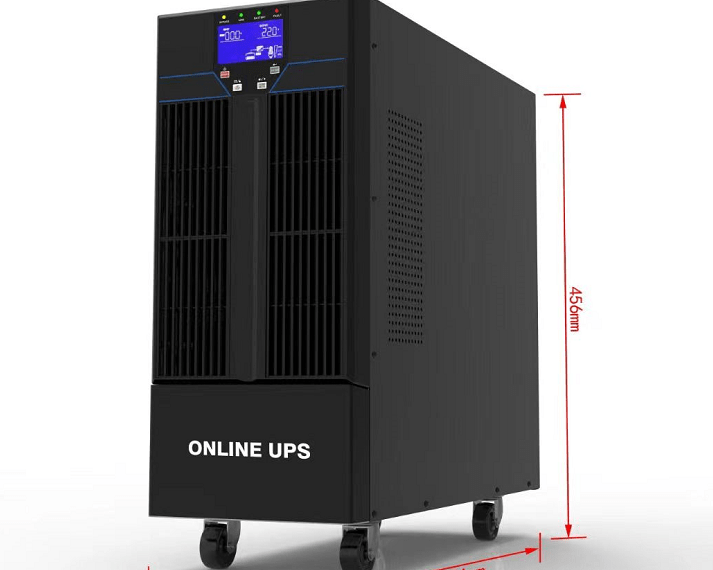MiniMAX Medical-grade UPS unit 80-120KVA
CATEGORY AND TAGS:Radiation Protection&UPS solution UPS system uninterruptible power supply
We must admit that in many parts of Asia, Africa, South America and even Europe, many hospitals are faced with unstable voltage and frequent power outages in the power supply system, which will suddenly stop the normal operation of medical equipment, and lead to patient examinations. Forced interruption; In severe cases, it will cause irreversible damage to machines worth more than tens of thousands of dollars, which may reduce the service life of the machine and bring a lot of losses to the hospital. Therefore, if your hospital voltage is unstable, there will be frequent power outages for a long time. , a set of uninterruptible power supply is necessary.
Downloadenquiry- Product Description
- Functions
- others
An uninterruptible power supply or uninterruptible power source (UPS) is an electrical apparatus that provides emergency power to a load when the input power source or mains power fails. A UPS differs from an auxiliary or emergency power system or standby generator in that it will provide near-instantaneous protection from input power interruptions, by supplying energy stored in batteries, supercapacitors, or flywheels. The on-battery run-time of most uninterruptible power sources is relatively short (only a few minutes) but sufficient to start a standby power source or properly shut down the protected equipment. It is a type of continual power system.
1-Storing electricity when there is power supply, and protect the voltage stability
2-Saving the cost of a voltage regulator
3-After a sudden power failure, the UPS system immediately intervenes to protect the normal operation of the machine. Even if there is no external power supply, the patient's disease can be continued
4-Avoiding sudden power failure of the machine, protecting the internal system of the machine, and prolong the service life of the machine .
5-Serving more patients and making more profit for hospitals.











